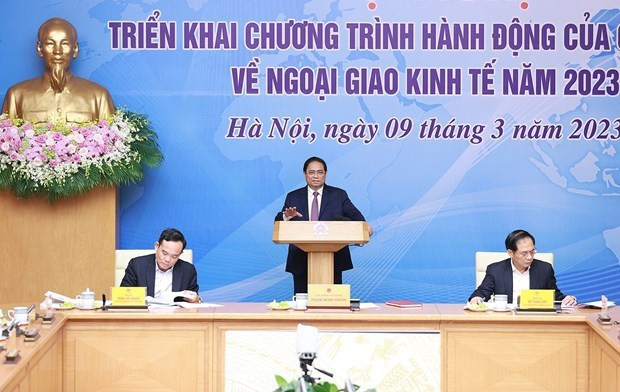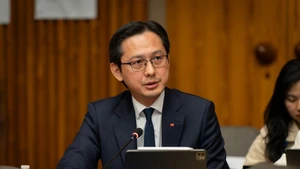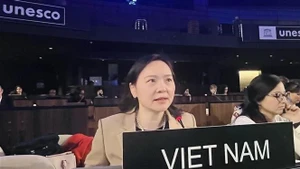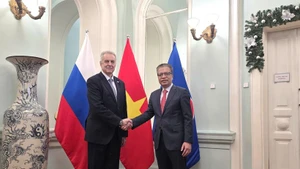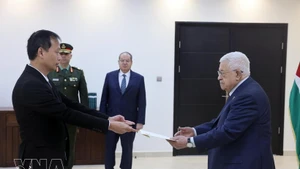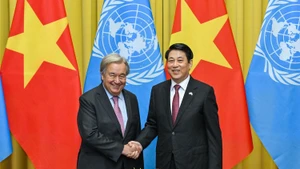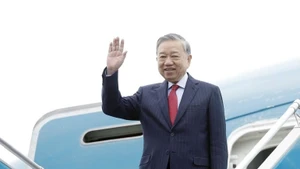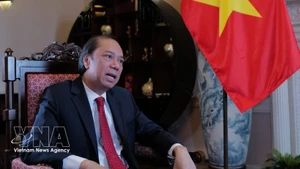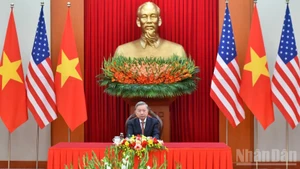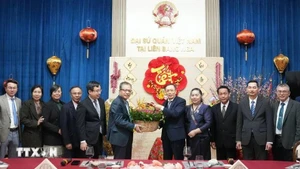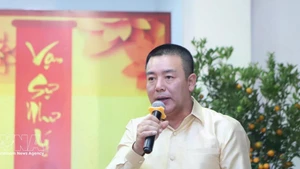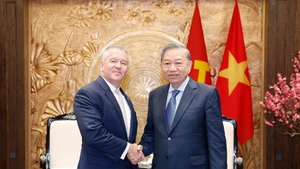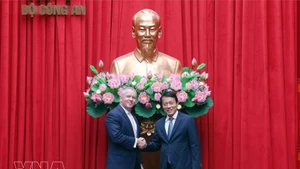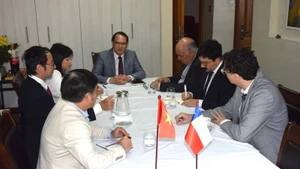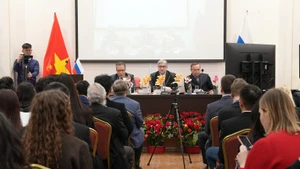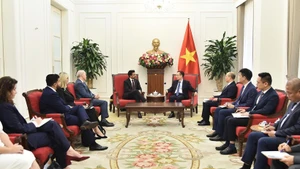Vietnamese Ambassador to the US Nguyen Quoc Dung made the suggestion in an interview granted to the Vietnam News Agency on outcomes of the conference on the implementation of the Government’s action programme materialising a directive by the Party Central Committee's Secretariat on economic diplomacy, which took place in Hanoi last month.
This is the biggest-ever conference on economic diplomacy, he said, adding that it helps raise the confidence of Vietnamese representative offices abroad in economic diplomacy, which has received the strong support from the government, ministries and agencies at home.
Noting challenges to the global economy, Dung also pointed to favourable conditions for Vietnam to tap the US market. He took the examples of the US’s diverse demand for goods, and Vietnam’s attractiveness in terms of geographical location, policies adopted by the government, and capacity of localities and businesses.
Vietnam is working on the Indo-Pacific Economic Framework for Prosperity, while the US plays host to the Asia-Pacific Economic Cooperation (APEC) this year, which would facilitate economic links between the two countries, the ambassador added.
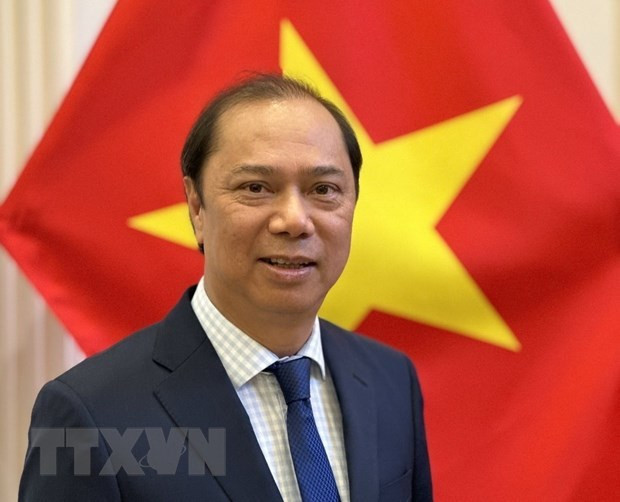 |
| Vietnamese Ambassador to the US Nguyen Quoc Dung (Photo: VNA) |
Dung suggested Vietnam maintain the market to increase its exports to the US, work to protect legitimate rights of businesses in the face of anti-dumping and trade fraud investigations on Vietnamese goods, and step up trade promotion in the areas where Vietnam has demand and the US has strengths like renewable energy, semiconductor industry and high-tech agriculture.
The diplomat stressed that US investors have expanded their operations in Vietnam, and many others have shown their intereste in the Southeast Asian market.
Notably, more Vietnamese firms have invested in the US and they have received appreciation from the host country.
These are favourable conditions for Vietnam’s economic diplomacy in the US, the ambassador continued.
To better economy diplomacy, Dung stressed the need to raise public awareness of the work, tighten coordination between ministries and agencies, and increase resources, both workforce and finance, for units at home and representative offices abroad.
